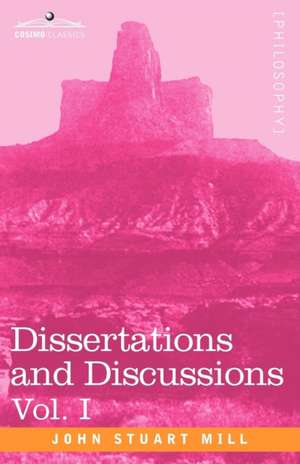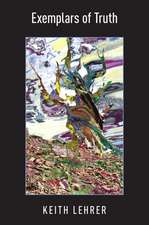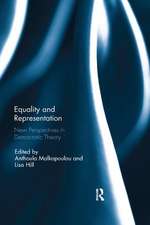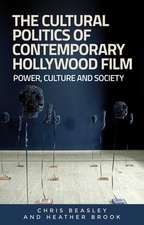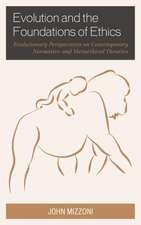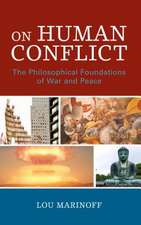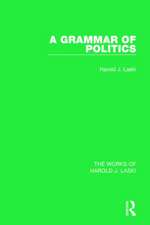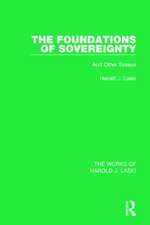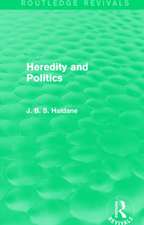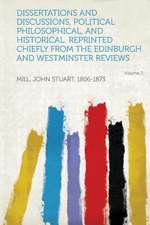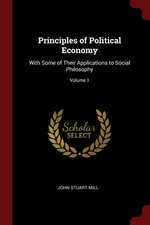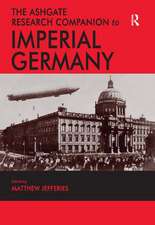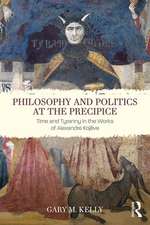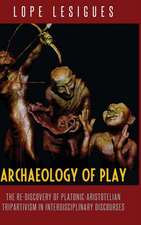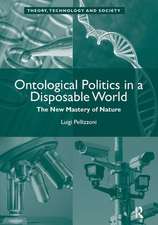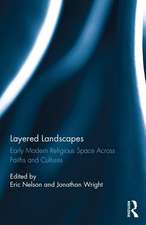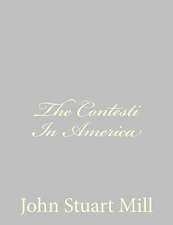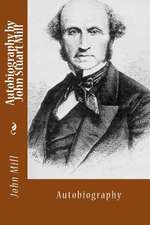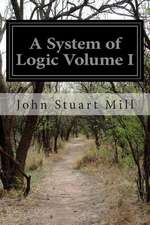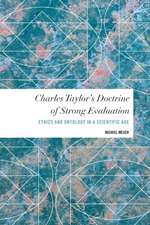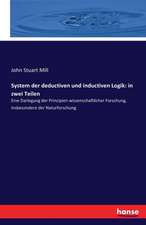Dissertations and Discussions, Vol. I
Autor John Stuart Millen Limba Engleză Paperback – 31 dec 2012
Preț: 161.67 lei
Nou
Puncte Express: 243
Preț estimativ în valută:
30.93€ • 32.30$ • 25.55£
30.93€ • 32.30$ • 25.55£
Carte tipărită la comandă
Livrare economică 15-29 aprilie
Preluare comenzi: 021 569.72.76
Specificații
ISBN-13: 9781605203898
ISBN-10: 1605203890
Pagini: 488
Dimensiuni: 140 x 216 x 28 mm
Greutate: 0.61 kg
Editura: COSIMO CLASSICS
Locul publicării:United States
ISBN-10: 1605203890
Pagini: 488
Dimensiuni: 140 x 216 x 28 mm
Greutate: 0.61 kg
Editura: COSIMO CLASSICS
Locul publicării:United States
Notă biografică
John Stuart Mill (20 May 1806 - 8 May 1873), usually cited as J. S. Mill, was a British philosopher, political economist, and civil servant. One of the most influential thinkers in the history of classical liberalism, he contributed widely to social theory, political theory, and political economy. Dubbed "the most influential English-speaking philosopher of the nineteenth century",[8] Mill's conception of liberty justified the freedom of the individual in opposition to unlimited state and social control.[9]
Mill was a proponent of utilitarianism, an ethical theory developed by his predecessor Jeremy Bentham. He contributed to the investigation of scientific methodology, though his knowledge of the topic was based on the writings of others, notably William Whewell, John Herschel, and Auguste Comte, and research carried out for Mill by Alexander Bain. Mill engaged in written debate with Whewell.[10]
A member of the Liberal Party, he was also the second Member of Parliament to call for women's suffrage after Henry Hunt in 1832
John Stuart Mill was born at 13 Rodney Street in Pentonville, Middlesex, the eldest son of the Scottish philosopher, historian and economist James Mill, and Harriet Barrow. John Stuart was educated by his father, with the advice and assistance of Jeremy Benthamand Francis Place. He was given an extremely rigorous upbringing, and was deliberately shielded from association with children his own age other than his siblings. His father, a follower of Bentham and an adherent of associationism, had as his explicit aim to create a genius intellect that would carry on the cause of utilitarianism and its implementation after he and Bentham had died.
Mill was a notably precocious child. He describes his education in his autobiography. At the age of three he was taught Greek.[14] By the age of eight, he had read Aesop's Fables, Xenophon's Anabasis,[14] and the whole of Herodotus,[14] and was acquainted with Lucian, Diogenes Laërtius, Isocrates and six dialogues of Plato.[14] He had also read a great deal of history in English and had been taught arithmetic, physics and astronomy.
At the age of eight, Mill began studying Latin, the works of Euclid, and algebra, and was appointed schoolmaster to the younger children of the family. His main reading was still history, but he went through all the commonly taught Latin and Greek authors and by the age of ten could read Plato and Demosthenes with ease. His father also thought that it was important for Mill to study and compose poetry. One of Mill's earliest poetic compositions was a continuation of the Iliad. In his spare time he also enjoyed reading about natural sciences and popular novels, such as Don Quixote and Robinson Crusoe.
